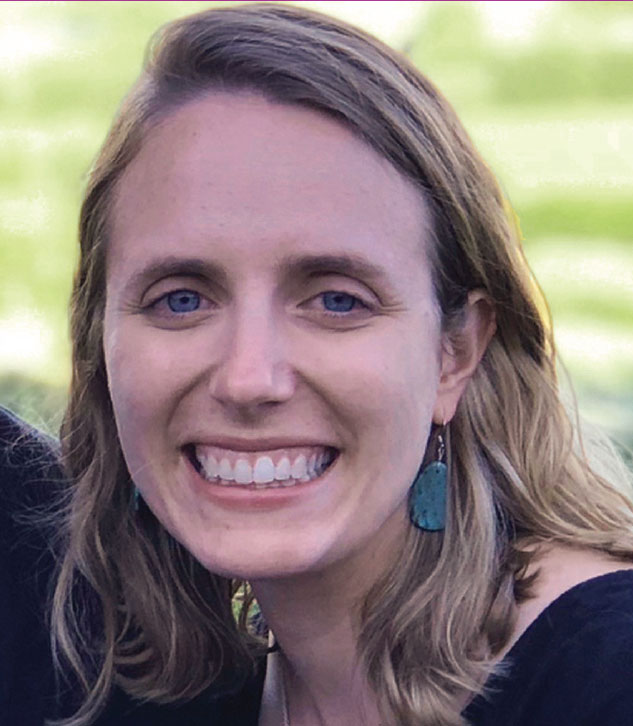Peer-to-Peer Involvement Advances Scientific Exploration

Peer-to-Peer Involvement Advances Scientific Exploration
Many dynamics of lupus contribute to the fact that its complexities have eluded the scientific community—but new hope may come from patients themselves.
This is why Lupus Therapeutics piloted the Patient Advocates for Lupus Studies (PALS) program in the Summer of 2019. PALS focuses on reaching diverse populations to improve their knowledge and awareness of trials, and to promote enrollment by people living with lupus.
“Under-enrollment in lupus trials is critical because of the heterogeneity of the disease. There is no one test to evaluate activity per se—and symptoms that effect patients most, like severe fatigue at a level that disrupts daily life, aren’t yet measurable in a standardized, scientific way,” said Caroline Donovan, Manager of Patient Engagement.
The new program, now in progress at five sites, is designed to engage people with lupus in various stages of clinical research … increase enrollment … and level the playing field for at risk populations.
Our basic premise is that individuals will be more likely to participate when they learn about clinical trials from a peer.
“The goal is to strengthen the educational foundation about clinical trials without outright asking people to participate. Rather, peers they identify with can explain why he or she participated, what their experience was like, and why their participation was and is so critical,” said Ms. Donovan. “When it begins with two people talking about a shared experience, it makes participation in a trial less scary.”
This important initiative has tremendous potential to advance the mission of Lupus Therapeutics and address cultural inequities in health care. That’s why nine of eleven advocates are African American.



